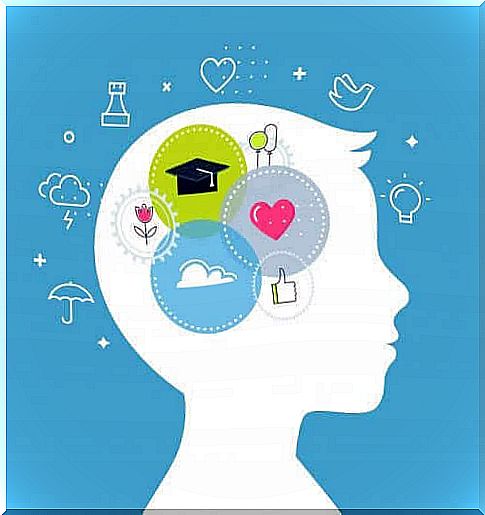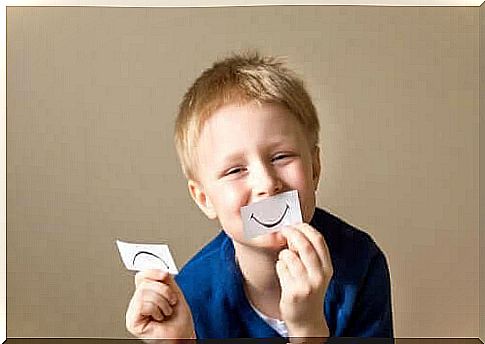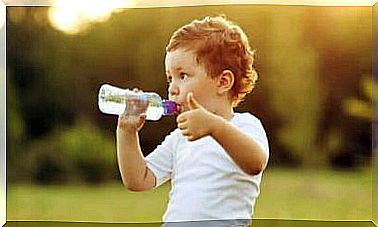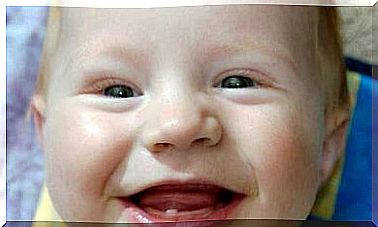Socio-emotional Abilities In Children

You have no doubt heard about emotional education and how important it is for children’s overall development. The main purpose of it is to maximize the acquisition of socio-emotional abilities. These skills are important for children to grow up and relate right to their surroundings.
Socio-emotional abilities in children
According to authors Rafael Bisquerra Alzina and Nuria Pérez Escoda, socio-emotional abilities can be defined as follows:
So to develop this set of knowledge, abilities and attitudes, we can highlight the following measures:
- Identify and regulate one’s own feelings, thoughts and behaviors.
- Recognize your own personal qualities.
- Acknowledge and understand the feelings and opinions of others.
- Work and strive to achieve personal goals.
- Accept and respect the differences of others.
- Ability to use positive communication.
- Prevent, manage and resolve interpersonal conflicts in a constructive way.
- Act on ethical and civic values.
- Make responsible decisions.
- Contribute to the well-being of others.

All these measures fall into five different categories that we must understand in order to give our children a complete upbringing.
Classification of socio-emotional abilities
As we mentioned earlier, there are a number of important aspects to keep in mind in order to incorporate these skills into our children.
Emotional self-awareness
Emotional self-awareness means that you are aware of your own feelings as well as the feelings of others – to understand and identify how you feel. It also refers to the ability to perceive the emotional environment in a particular situation.
Emotional regulation
This is about handling, processing, expressing and meeting emotions properly. Ability takes into account the fact that emotional states have an important influence on cognition and behavior.
Emotional independence
This refers to the development of a series of characteristics that have to do with personal self-management, for example:
- Good self-esteem.
- Positive attitude to life.
- Responsibility.
- Critical analysis of social norms.
- Emotional self-efficacy.
- Resistance.
Interpersonal intelligence – social awareness
This is the ability to understand other people’s intentions, motivations and desires and thereby create healthy social relationships. Being able to use effective and positive communication is part of this skill, as well as showing respect, empathy, prosocial attitudes, assertiveness, cooperation, etc.

Skills for life, responsible decision making
These abilities are important for meeting daily life in a satisfactory way and include:
- Set goals and plan to achieve them.
- To make decisions and take responsibility.
- Seek support and help when needed.
- To recognize and respect their own rights and obligations as well as those of other people.
These skills allow individuals to organize their lives in a well-balanced way and experience a deep and subjective sense of well-being.
The learning of socio-emotional skills
While it is important to maximize socio-emotional skills during childhood, we must also understand that in order to acquire them, children need to achieve a certain maturity. So then we can say that the learning of emotional education is a process that begins in childhood and lasts a lifetime.









